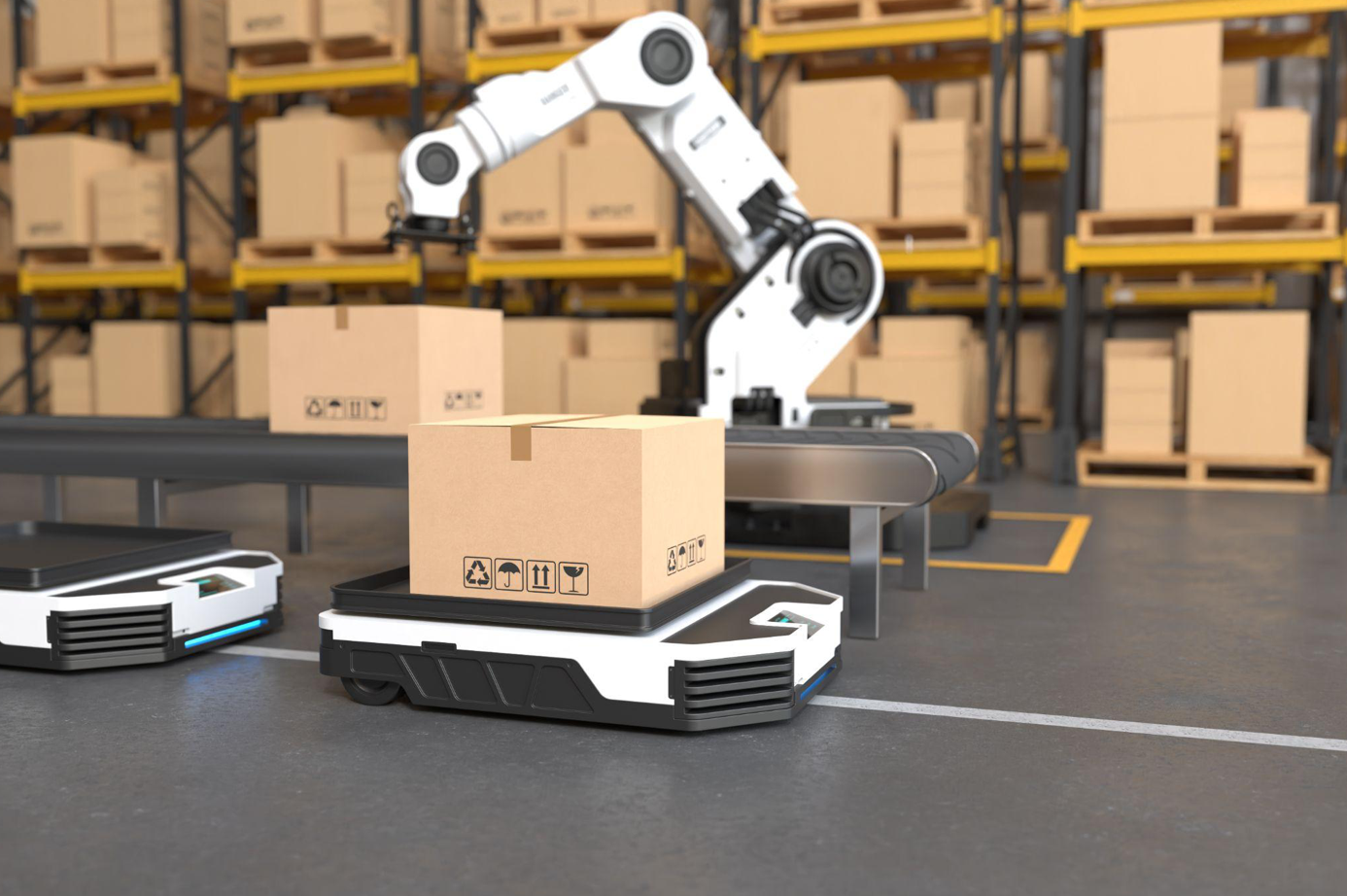Understanding and navigating the legal implications of AI not only protects businesses from legal pitfalls but also promotes ethical and responsible AI development.
Artificial Intelligence (AI) has rapidly become a cornerstone of modern business, revolutionizing industries from healthcare to finance. However, as businesses increasingly integrate AI into their operations, it’s crucial to understand the legal landscape surrounding this transformative technology.
1. Data Privacy and Security
AI systems often require vast amounts of data to function effectively. This data can include sensitive personal information, making data privacy a significant concern. Compliance with regulations such as the General Data Protection Regulation (GDPR) in Europe and the California Consumer Privacy Act (CCPA) in the United States is essential. These laws mandate stringent data protection measures and grant individuals rights over their personal data.
Key Considerations:
- Ensure data is collected and processed lawfully.
- Implement robust data security measures to protect against breaches.
- Provide transparency and obtain consent from data subjects.
2. Intellectual Property
The development of AI involves creating proprietary algorithms, software, and models, raising questions about intellectual property (IP) rights. Businesses need to protect their AI innovations while also respecting the IP rights of others.
Key Considerations:
- Patents: Determine if AI-related inventions are patentable.
- Copyrights: Protect software code and datasets.
- Trade Secrets: Safeguard proprietary algorithms and models through confidentiality agreements.
3. Liability and Accountability
AI systems can make autonomous decisions, leading to questions about liability when things go wrong. For instance, if an AI-driven medical diagnosis system makes an error, who is responsible? The manufacturer, the developer, or the user?
Key Considerations:
- Establish clear accountability frameworks.
- Implement rigorous testing and validation processes.
- Ensure transparency in AI decision-making processes to enable traceability.
4. Employment and Labor Laws
AI automation is transforming the workforce, potentially displacing jobs while creating new opportunities. Employers must navigate the legal implications of workforce changes due to AI adoption.

Key Considerations:
- Adhere to labour laws and Orange County Personal Injury Lawyer concerning layoffs and retraining.
- Foster ethical AI deployment that considers the impact on employees.
- Promote transparency with employees about AI integration plans.
5. Ethical Considerations
Beyond legal compliance, ethical considerations are paramount in AI deployment. Businesses must address biases in AI systems, ensure fairness, and build trust with stakeholders.
Key Considerations:
- Regularly audit AI systems for biases and discriminatory impacts.
- Develop ethical guidelines for AI development and use.
- Engage stakeholders in discussions about the ethical implications of AI.
Conclusion
As AI continues to evolve, so too will the legal frameworks governing its use. Businesses must stay informed about legal developments and proactively address potential legal issues. By doing so, they can harness the power of AI while mitigating risks and fostering trust among stakeholders.
Understanding and navigating the legal implications of AI not only protects businesses from legal pitfalls but also promotes ethical and responsible AI development, ultimately contributing to sustainable business growth and innovation.
For legal advice tailored to your specific situation, consult with a legal professional experienced in AI and technology law.


Join the conversation!